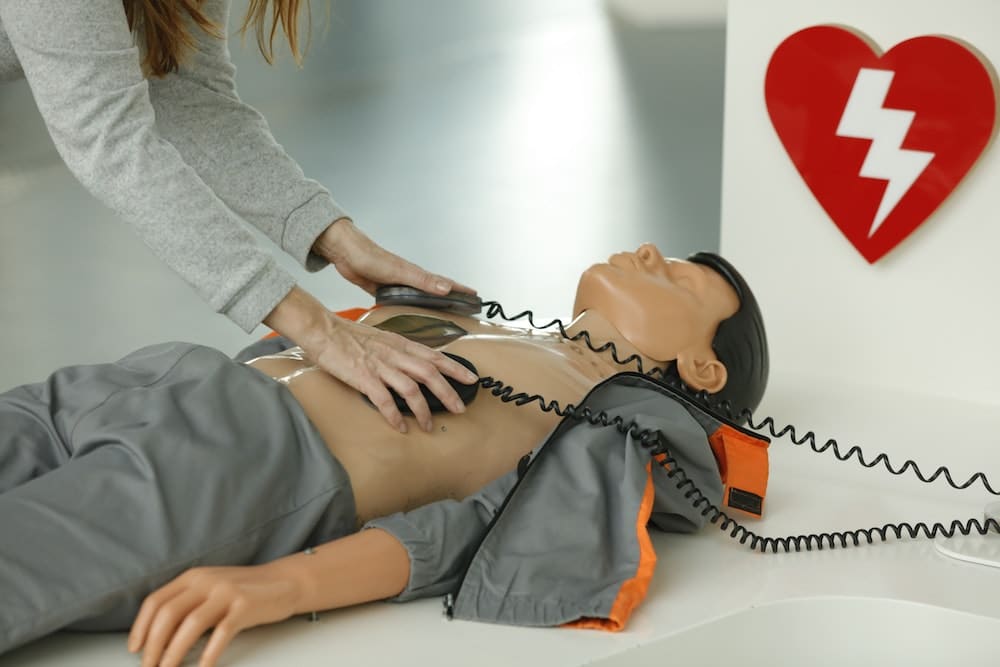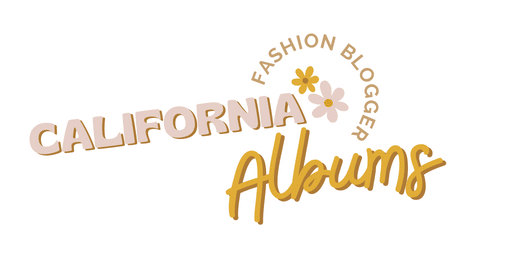What Strategies Can Be Used to Help a Dog with Severe Noise Phobia During Fireworks?

While fireworks are a spectacle for human eyes, they can be a source of terror for our four-legged friends. Dogs, in particular, can experience severe anxiety during fireworks displays due to their acute sense of hearing. In this article, we will guide you through strategies to help your pet cope with noise phobia during these loud events.
Understanding The Fear of Fireworks in Dogs
Before we delve into the strategies to help your dog cope with fireworks, it’s important to understand why these bright, festive displays can be so distressing for them. Dogs have a far more sensitive sense of hearing than humans do. They can hear noises at a higher frequency range and at four times the distance of a human. Therefore, the loud, unpredictable noises of fireworks can be overwhelming and scary.
Sujet a lire : How to Create a Comfortable Sleeping Area for Arthritic Cats?
A dog’s reaction to fireworks can range from mild unease to a severe phobia. A dog with noise phobia will show extreme fear and anxiety during fireworks and may try to escape, hide, or may even become destructive. It’s not just the noise that can cause distress, the flashing lights and smell of gunpowder can add to their anxiety too.
Consultation with a Vet: The First Step
If your dog shows signs of severe distress during fireworks, the first thing you should do is consult a vet. A professional can confirm whether your pet suffers from noise phobia and can recommend the best course of action. Sometimes, a vet may suggest medication to keep your dog calm. This will generally be used in combination with other strategies and only as a last resort when other methods have failed.
A lire aussi : What Are the Best Tips for Organizing a Pet-Friendly Wedding Ceremony?
Behavioral therapy is often suggested as a first-line treatment. A vet can guide you to a professional dog trainer or behaviorist who specializes in noise phobia. This training can be an invaluable tool in teaching your dog to cope with loud noises.
Training: A Long Term Strategy
Noise desensitization or noise habituation training can help your dog to gradually get used to loud noises. This involves exposing your pet to a low level of noise initially and gradually increasing the intensity over time.
During the training, make sure you maintain a calm and patient attitude. Your dog will pick up on your mood and if you are anxious, it may make them more fearful. Reward your dog for remaining calm during the exposure to the noise.
Remember, this process takes time. It’s not a quick fix but a long-term strategy to help your dog cope with noise phobia. It might not be completely effective for this year’s fireworks, but with consistent training, your dog should handle the next ones much better.
Creating a Safe Space for Your Pet
Another effective strategy is to create a safe, comfortable, and quiet space for your dog during the fireworks. This could be a room with the windows closed and curtains drawn. You could play some soft music to mask the noise from the fireworks.
Fill the room with your pet’s favorite toys and blankets, and make sure to spend time with them. Your presence can be a comfort to your pet. Try to engage them in a game or give them a treat to distract them from the noise outside.
The Use of Calming Products
There are various calming products on the market that might help your dog to deal with its fear of fireworks. These include pheromone diffusers, calming treats, and anxiety wraps.
Pheromone diffusers emit synthetic dog appeasing pheromones that mimic the natural calming signals a mother dog gives to her puppies. This can help to make your dog feel safe and secure.
Calming treats contain ingredients like L-theanine and chamomile which are known for their calming effects. These can be given before the fireworks start.
Anxiety wraps are bands of fabric that apply gentle, constant pressure to a dog’s torso. This is similar to swaddling a baby and can have a calming effect on dogs.
While these strategies can help, remember that every dog is unique and what works for one may not necessarily work for another. It may take a bit of trial, error, and patience to find the best solution for your pet. Most importantly, remember to show them lots of love and reassurance during this tough time. They need to know that they are safe with you.
Utilizing White Noise and Distractions: Simple Yet Effective
The use of white noise can be an effective strategy to help your dog deal with noise phobia during fireworks. The concept here is fairly straightforward—by filling your dog’s environment with a steady, non-threatening noise, you may be able to drown out or at least reduce the impact of the sudden, loud sounds of fireworks. White noise machines are easily available and can be used for this purpose. You can also utilize fans, air conditioners, or even a radio tuned to static to provide the white noise that can help your dog during fireworks season.
Beyond white noise, adding distractions can also be beneficial. Engage your pet in their favorite activities—be it a game of fetch, a chewing toy, or a puzzle treat dispenser. These distractions can help to shift your dog’s focus away from the noise outside.
You might also consider putting on some calming dog music. Contrary to what some might think, dogs do respond to music, and certain types of music, like soft classical music or specially designed dog calming music, can reduce your pet’s anxiety during loud events.
Remember, the aim of these strategies is to create an environment that is as comfortable and normal as possible for your dog. The more at ease they feel, the less likely they are to be affected by any external disturbances.
Be Prepared and Stay Calm: Your Attitude Matters
The way you, as a dog owner, react to your dog’s fear of fireworks can significantly impact their ability to cope. Dogs are incredibly perceptive and can pick up on our stress and anxiety. If you express worry or panic during the fireworks, your dog may interpret this as confirmation that they should be scared.
Try to behave as normally as possible. If your dog sees that you are calm and not affected by the fireworks, they are more likely to feel reassured.
This is where preparedness comes in. Having a plan in place and knowing exactly what to do can help you stay calm. This includes knowing where your pet’s safe space is, having a white noise machine or other distractions ready, and having calming products at hand.
Preparation also means anticipating the event. If you know a fireworks display is scheduled, ensure your dog is inside well before it starts. Walking them earlier in the day can also be beneficial, as an exercised dog is likely to be calmer.
Conclusion: Empathy and Patience are Key
Helping a dog cope with their fear of fireworks can be a daunting task. It may require a lot of trial and error and a good deal of patience. Remember, every dog is unique, and what works for one pet may not necessarily work for another. It’s about finding the strategies that work best for your individual pet and being consistent with these techniques.
Above all, empathy is critical. Understanding that your dog’s fear is real and not something they can control will help you approach the situation with the compassion and patience needed. They are not being difficult or stubborn—they are simply responding to a situation that they find terrifying.
With time, patience, and the right strategies, it is possible to help a dog manage their fear of fireworks. And remember, even if the progress seems slow, any reduction in a pet’s fear and anxiety is a step in the right direction.
